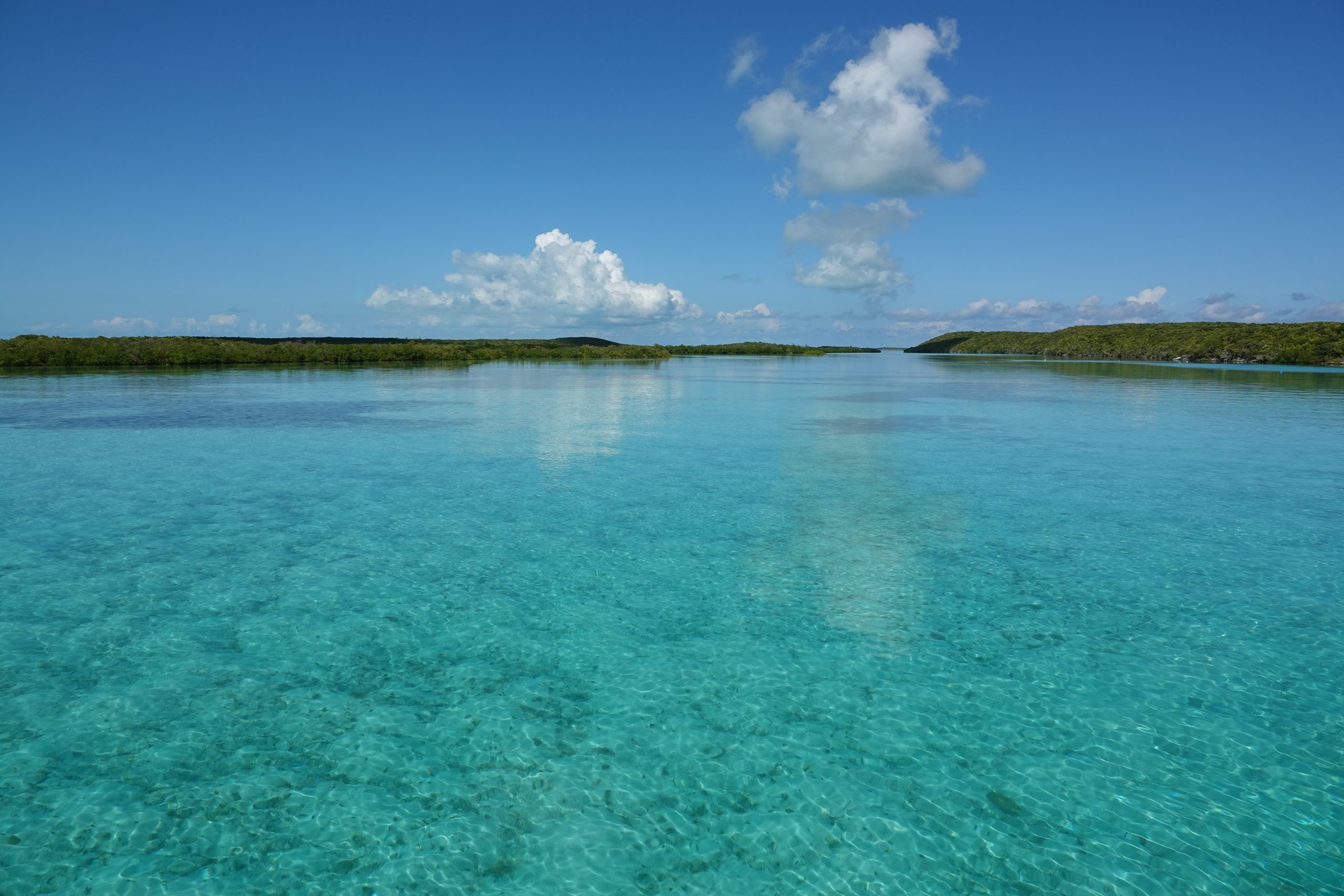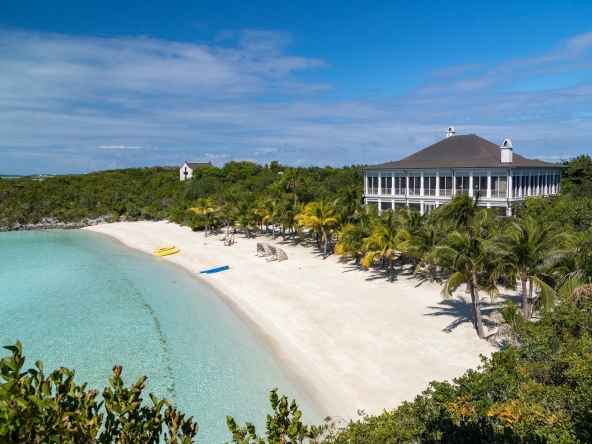In these unique times, when society has been forced to look at its actions due to the Coronavirus crisis and broader environmental issues, now is also a good time to examine best practices for the Bahamas real estate sector.
Engel & Völkers Bahamas outline our best practice suggestions and what they mean for the industry.
Framework for Responsible Real Estate and Best practice for the Bahamas property sector:
-
Climate Change and the Environment
Sustainable development practices should be incorporated into developments and new build homes in the Bahamas, where possible. The Bahamas has one of the world’s lowest population densities by coastline and most people in the Bahamas live by or near the sea, so sea rise due to climate change is a major issue for us. Coral reefs, mangrove estuaries, groundwater aquifers need protection, and pollution and waste should be cut to a minimum on developments in these sensitive areas.
Read The Bahamas, Plastic Free!
-
Environmental and Social Impacts
Where possible, local construction teams should be employed in the Bahamas and local materials used. It is important that the views of Bahamas people and businesses are taken into account concerning major developments and that concerns are addressed. Engel & Völkers, along with other agents, contribute to society and support initiatives in local communities. Beyond that, Engel & Völkers Americas is a proud champion of Special Olympics, working together to unleash the human spirit through the transformative power and joy of sports.
-
Balancing Profit and Wider Interests
There should be a fair and reasonable balance between profits responsible real estate businesses take and the lasting value they leave behind in the Bahamas. One way of doing this is to reinvest financial returns to benefit the environment, local community, and those using new developments. Among local charities that Engel & Völkers Bahamas has supported include Hopetown Volunteer Fire and Rescue, The Green Turtle Foundation, Bahamas National Trust, Music Makers Junkanoo Group and Rotary Bahamas.
-
Health and Wellbeing
Health and wellbeing is a vital part of the development and real estate sectors in the Bahamas. Industry players should strive to protect and improve the health and wellbeing of those constructing, working, and living in buildings and communities. It is also important to ensure that adequate access is provided for those with disabilities. Companies should also promote the health and wellbeing of their staff.
-
Diversity and Inclusion
Responsible real estate companies in the Bahamas should promote diversity and inclusion and ensure that its team reflects the diversity of the island communities. Inclusive culture should be fostered and incorporated into real estate developments including services, tours, crafts, agriculture, and cultural development.
-
Accountability and Transparency
The property industry in the Bahamas should feature high standards of governance, accountability, and transparency. Companies should comply with data protection and privacy rules and the reasonable requirements of commercial confidentiality.
-
Data
New data systems should be developed and properly collected and used responsibly. It should be stored appropriately and securely. Confidentiality and privacy expectations should be met. Firms should take steps to protect themselves against the threat of cybercrime.



